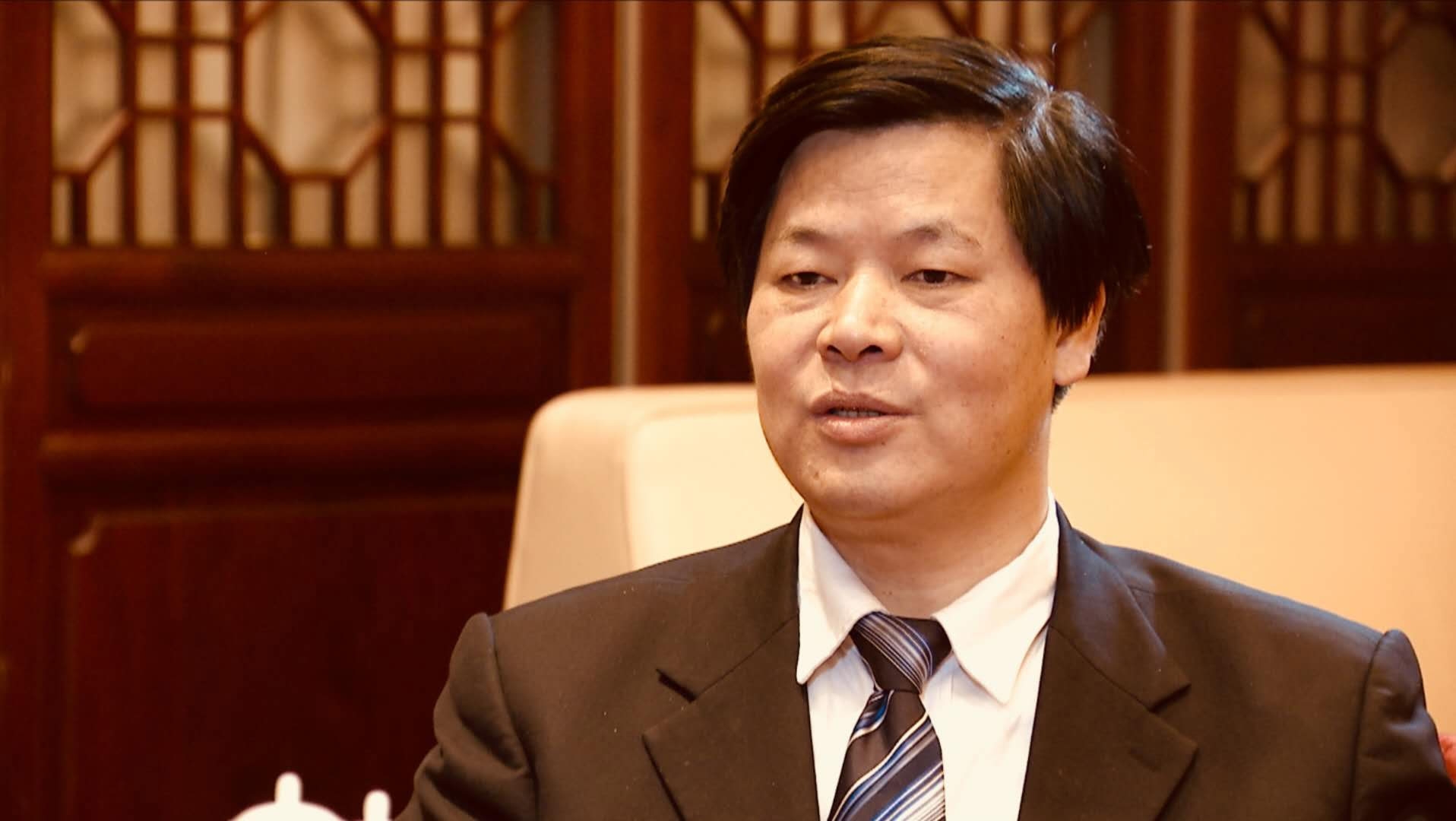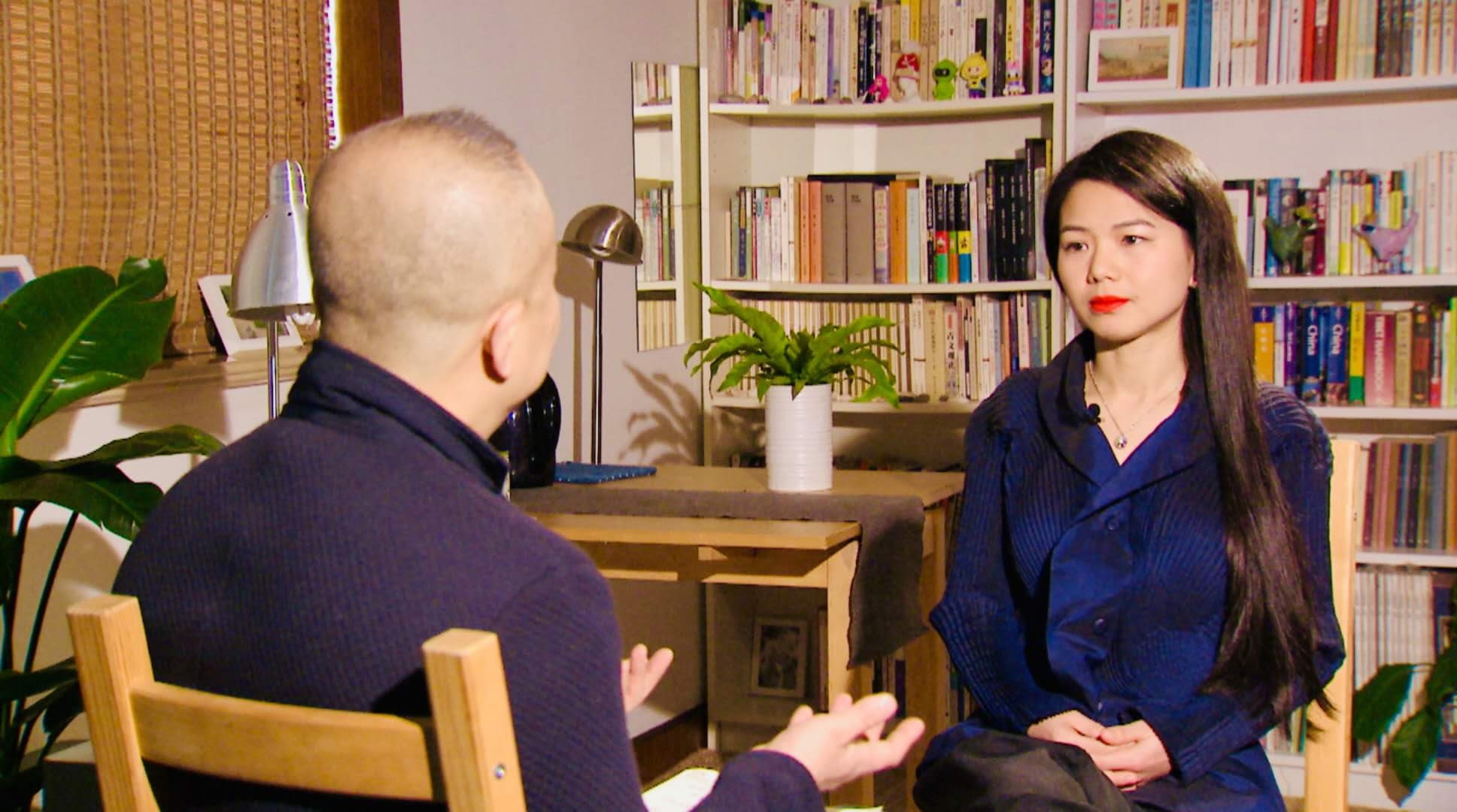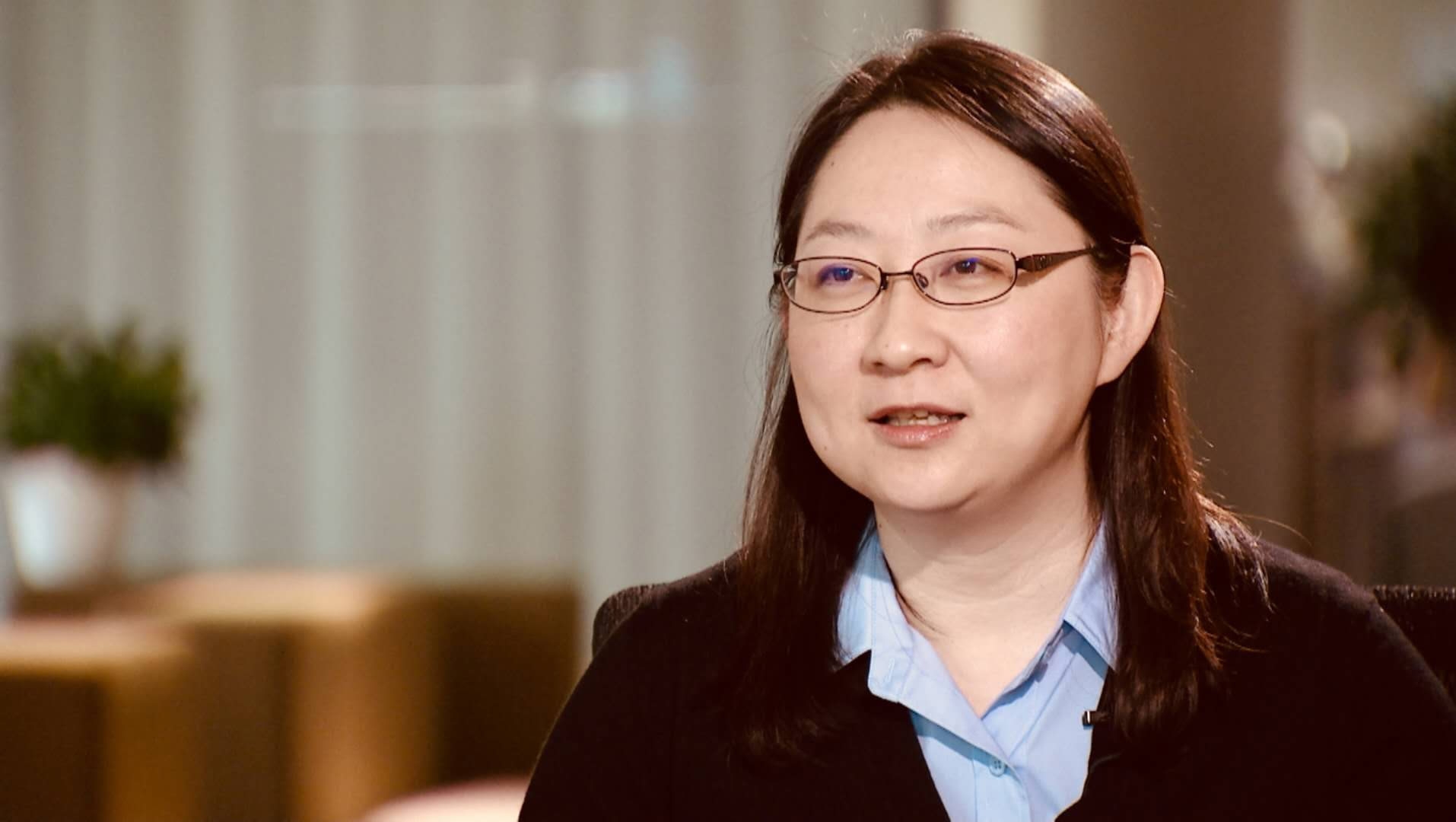
Business
15:10, 13-Mar-2018
I HAVE A QUESTION: What makes Chinese give?
By Han Bin, Wei Lynn Tang, Zhuang Yuying

WHAT MAKES CHINA GIVE?
As much as giving – as a charitable act – is a matter of personal choice, it is as much a matter of perception, definition, and the willingness to disclose.
And as China continues to amass an ever-growing wealth, the spotlight remains on how much its corporates and individuals have given back to society.
However, the nation was still ranked the second lowest (out of 139 countries sampled) in the Charities Aid Foundation’s 2017 World Giving Index.
While the index’s variables may be inconclusive, Zheng Gongcheng, a National People’s Congress deputy argues that China’s culture – when it comes to charity work – is slightly different from that of the West.
“The Chinese actually enjoy doing charity. And our culture is that we start from those closest to us, such as filial piety, helping our neighbors. It then transcends to the society at large, so it’s a process; whereas in the West they are usually more fraternity based,” Zheng says.
He lauds the enactment of Charity Law, which saw the public’s trust towards charity organizations increase.
“Our regulators are intensifying their [monitoring] efforts, as seen with the Ministry of Civil Affairs where it has banned some of the fake charities. So the Charity Law is really shaping China’s philanthropy sector to be more professional.”

Zheng Gongcheng says as China’s wealth further increases, its ability to help will also be lifted. “Charity work then becomes more society-based, it is an undeniable trend,” he says. /CGTN Photo by Wang Jigang
Zheng Gongcheng says as China’s wealth further increases, its ability to help will also be lifted. “Charity work then becomes more society-based, it is an undeniable trend,” he says. /CGTN Photo by Wang Jigang
Meanwhile, Li Yuhong, the Managing Director of advertising firm Havas Shanghai, also brings to light a Chinese-Western difference.
“The rich Chinese feel that they are the masters – rather than stewards – of their wealth, which means they want to pass their money from generation to generation rather than give to the society,” Li says.
Cultural differences aside, Li says China’s philanthropy sector still lacks transparency and accountability, as well as financial incentives due to the complex tax deduction policies.
“Also, many of the rich Chinese are the first generation of rich, so they are still in the phase of developing their enterprises, accumulating and stabilizing their wealth. As such, philanthropy is not their priority yet,” she adds.
“Additionally, it seems respect in China comes from how much money you earn, rather than how much money you give. As such, this act lacks motivation.”

Li Yuhong shares from her many interviews that many rich Chinese feel that philanthropy invites more trouble than receiving good reputation, and hence, they are cautious. /CGTN Photo by Wang Jigang
Li Yuhong shares from her many interviews that many rich Chinese feel that philanthropy invites more trouble than receiving good reputation, and hence, they are cautious. /CGTN Photo by Wang Jigang
From a corporate’s perspective, Sun Yi, the Deputy Secretary-General of Tencent Charity Foundation, shares that it is not so much the lack of willingness of companies to do charity, but more towards the lack of understanding towards public welfare, the online platforms, as well as rules related to it.
“In addition, many companies do not know how to use their core competence and core values to support the development of their social responsibilities,” Sun Yi says.
ONLINE CHARITY ALL THE BUZZ
Sun Yi says technology has brought down the threshold for public welfare, allowing anyone to donate anywhere, anytime at his or her preference.
“From what we have received of 100 million yuan in five years from 2008-2012, up until 100 million yuan in 2014 alone, to 2017’s 800 million yuan in three days, we can see from these data how the development of online charity in China is growing at such a fast pace,” Sun says.
She adds that China’s Charity Law has paved the way for more public involvement, as policies and regulations for e-commerce companies have become more specific.
As of December 31, 2017, Tencent’s “gongyi” site has received more than 3.26 billion yuan from over 146 million donors, with the donations having been allocated to 38,179 public welfare programs of 5,302 charitable organizations across the country.
To tackle the crucial issue of transparency, Sun says Tencent Charity’s platform now requires charity organizations to disclose the status of online funds raised – in terms of amount, what and how the funding is used.
“This way, every donor is able to know where his or her money go to, who did it help, and how his or her actions have brought about [positive] changes,” she says.
“Anyone can also report on the charity project – through our platform – should there be a problem. Once we receive the report, we will inform the said charity organization and they can then provide users with an honest and public explanation.”

Sun Yi says technology has enabled philanthropy to be more interactive, attracting a diversified set of donors. /CGTN Photo by Wang Jigang
Sun Yi says technology has enabled philanthropy to be more interactive, attracting a diversified set of donors. /CGTN Photo by Wang Jigang
There is much to gain for companies to do philanthropy, Sun says. Besides portraying that perception and trust to the public that it fulfills its social responsibilities, it also builds a healthy corporate culture and helps to attract talents with the same values – those with a sense of responsibility.
(Tencent was among the 12 charitable organizations officially authorized to raise funds online after China’s Charity Law took effect in September 2016)
POSSIBILITY OF INHERITANCE TAX?
Zheng Gongcheng says while the implementation of Charity Law has seen more organizations participating in philanthropy, building the awareness for it continues to be a process.
“Presently, there are no concrete, standardized and comprehensive policies. It’s at an experimental stage. Our system needs a series of policies and regulations. I understand that our authorities are working in it, and we hope to speed up this action,” Zheng says.
Mostly, he suggests the below to further expand China’s philanthropy sector:
· Speed up completion process
“We must turn those principles and authorized provisions in the Charity Law into actionable policies, so that the guide and influence will be stronger.”
· Intensify tax incentives
“With regards to tax benefits, how much money do we donate to enjoy tax benefits? We must increase our efforts, particularly in making the application for tax reduction more convenient.”
“For example, a company donates its one month’s revenue. Can it enjoy tax relief? From a legal standpoint it can, but how does this operate? Who does the company look for? So more effort needs to be made to improve the policy environment, the preferential tax system, to provide better convenience.”
· Inheritance tax
“I think this is the most effective way to promote charity work. To change the Chinese’s outlook on wealth will have a major impact on China’s tax system. So to study the possibility of a heritage tax is also an aspect. Of course, we must also continue to promote normal and traditional charity [work].”
“This is in order to set benchmarks, so that our successful entrepreneurs and people who have the ability to help others will practice charity and share his legitimate wealth with others. Via this model, it would give him or her social honor, and increase one’s political or societal status, and enable that person to lead the entire society.”
Meanwhile, Li Yuhong calls to institutionalize the philanthropy sector in China by establishing more foundations, increase training of talents, implement more systematic operations and, ultimately, change the perception of wealth and act of giving through the power of the media.
“To promote the elite on charity will create positive impacts for youngsters in China, not just in donating money but in that you can also contribute your time and effort.”

SITEMAP
Copyright © 2018 CGTN. Beijing ICP prepared NO.16065310-3
Copyright © 2018 CGTN. Beijing ICP prepared NO.16065310-3